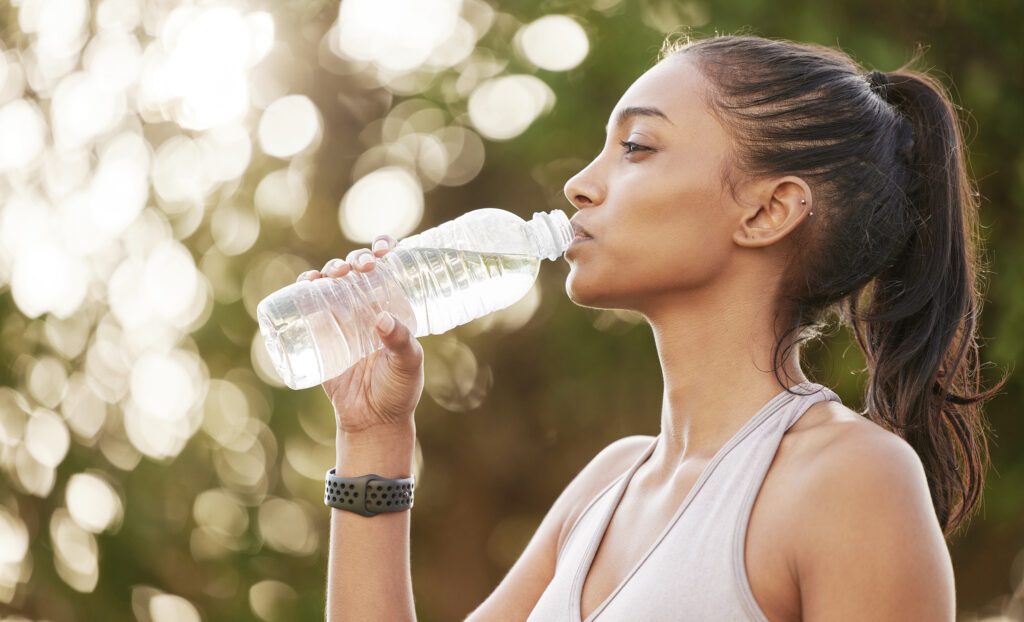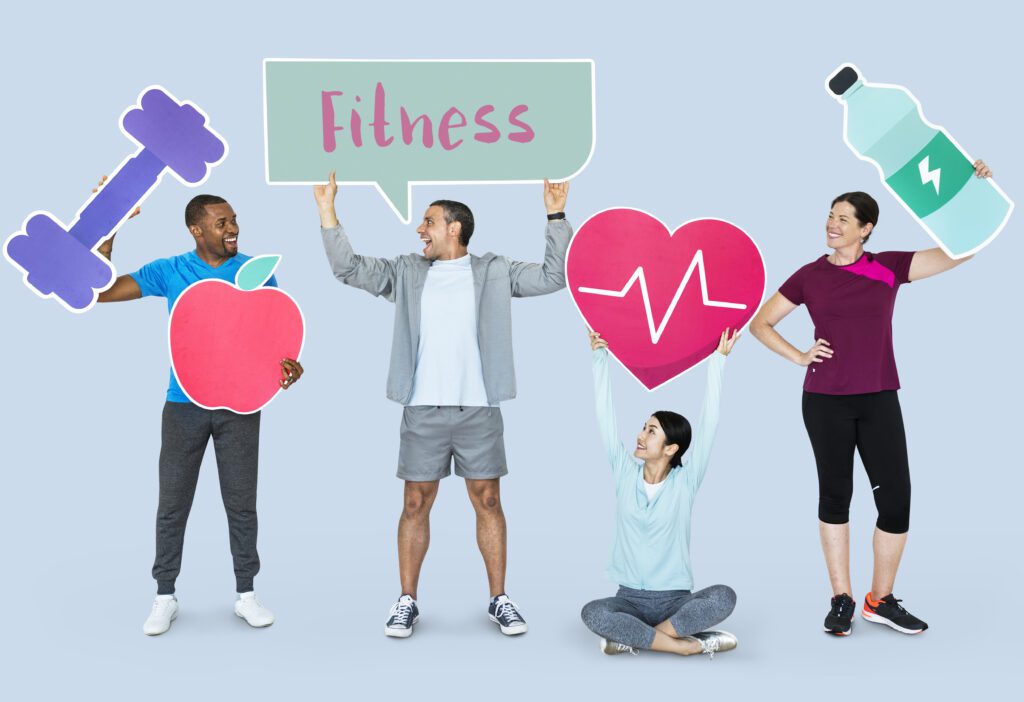The Importance of Hydration

Before we dive into the specifics of 3.7 liters to oz, let’s emphasize the significance of staying properly hydrated. Water is the foundation of life, and our bodies are composed of about 60% water. It’s crucial for digestion, circulation, and the overall balance of bodily functions.
Understanding the Conversion
How Much is 3.7 Liters to oz?
When we talk about 3.7 liters to oz, what does it translate to in ounces? To make this conversion, we need to know that 1 liter is approximately equal to 33.814 ounces. Therefore, to convert 3.7 liters to oz, we’ll multiply 3.7 by 33.814.
Benefits of Staying Hydrated
Hydration is not just about quenching your thirst. It plays a vital role in overall health, and here are some key benefits:
Hydration and Cognitive Function
Proper hydration is essential for mental clarity and focus. Dehydration can lead to decreased cognitive function and difficulty concentrating.
Skin Health and Hydration
Staying hydrated helps maintain the elasticity of your skin, reducing the appearance of wrinkles and promoting a healthy, radiant complexion.
Weight Management
Drinking water before meals can help control appetite, potentially leading to weight loss. It can also boost metabolism.
The Role of Water in Digestion
Water is necessary for the digestion process. It helps break down food and move nutrients throughout the body.
Muscle and Joint Health
Adequate hydration is crucial for preventing muscle cramps and maintaining joint lubrication, reducing the risk of injury.
Immune System Support
Hydration is essential for the immune system to function optimally. It helps transport nutrients to cells and remove waste products.

How to Stay Hydrated
Now that we’ve covered the benefits let’s discuss practical tips for staying properly hydrated:
- Carry a reusable water bottle with you throughout the day.
- Set reminders on your phone or use apps to track your water intake.
- Consume hydrating foods like fruits and vegetables.
- Start your day with a glass of water.
- Monitor your urine color; pale yellow is a good indicator of proper hydration.
Dehydration Signs and Symptoms
Recognizing the signs of dehydration is crucial to maintaining your health. Symptoms include:
- Dry mouth and throat
- Dark yellow urine
- Fatigue
- Dizziness
- Rapid heartbeat
- Sunken eyes
Conclusion
Proper hydration is not just about drinking water; it’s about nurturing your overall well-being. Understanding that 3.7 liters translate to approximately 125.04 ounces helps you appreciate the volume needed for optimal health. Water is the lifeblood of your body, and its benefits extend to cognitive function, skin health, weight management, digestion, muscle and joint health, and immune support.
Stay hydrated, and you’ll reap the rewards of a healthier, more vibrant you.
FAQs
1. Is it really necessary to drink 3.7 liters of water every day? The daily recommended water intake varies from person to person but typically falls within the range of 2.7 to 3.7 liters to oz (91 to 125 ounces) for most adults.
2. Can I include beverages other than water to meet my daily hydration needs? Yes, other beverages like herbal tea and unsweetened, low-sugar drinks can contribute to your daily hydration, but water should remain a significant portion of your intake.
3. How can I tell if I’m drinking enough water throughout the day? Monitoring your urine color is a simple way to gauge your hydration levels. Light yellow or pale straw is an indication of proper hydration.
4. Can I overhydrate? Yes, excessive water consumption can lead to a condition called hyponatremia, where the balance of electrolytes in your body is disrupted. It’s essential to strike a balance between hydration and electrolyte intake.
5. What are some signs of severe dehydration that require immediate medical attention? Severe dehydration may manifest as extreme thirst, very dark urine, confusion, and rapid breathing. If you experience these symptoms, seek medical help promptly.
